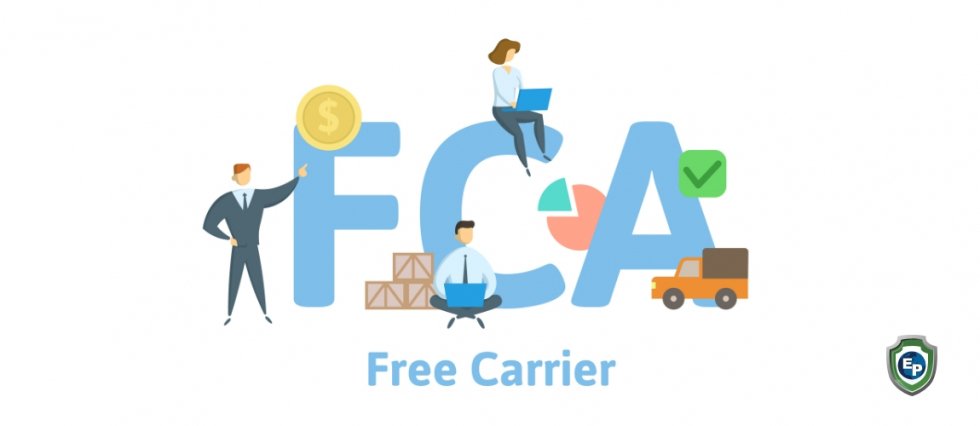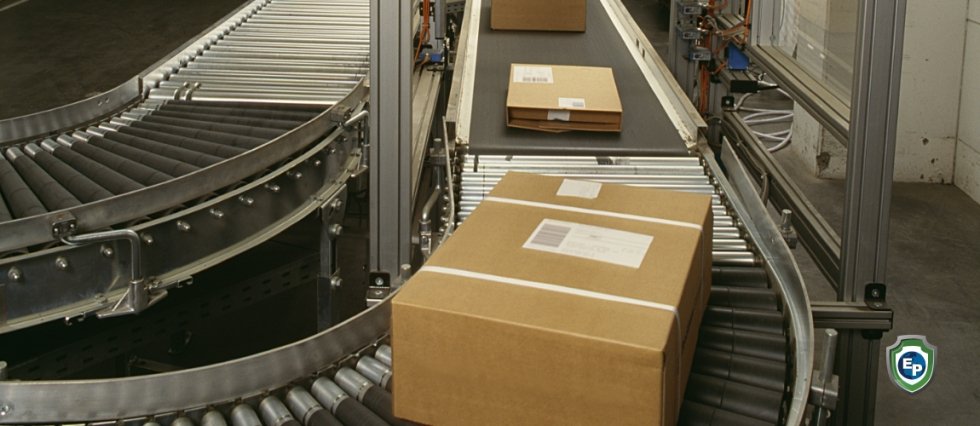Incoterms: Free Carrier (FCA)
FCA is a flexible rule that assumes responsibility to the seller for the safe delivery of goods. Check out our blog to find out more about this Incoterms term.

Incoterms were created to regulate international trade and solve problems that arise from different trading practices and legal interpretations among countries. There are 11 rules in this set that are internationally recognized and can help guide traders when they sell and transport goods by identifying the type of shipment they have. For this blog post, we will dive into one of the rules of Incoterms: Free Carrier (FCA).
What is FCA?
FCA is a very flexible rule that ensures the seller is responsible for the safe delivery of the goods to its destination. This location is usually a shipping terminal, warehouse, airport, or even the seller’s business spot. FCA can be for any transport mode, such as FCL, LCL (Less than Container Load), and even air. Under this rule, goods are available anywhere in the seller’s country.
How it Works
As mentioned above, the seller must safely deliver all of the goods. If the sellers are delivering at their premises, they are in charge of both the cost and risks involved in transferring the freight onto the buyer’s transport. However, if they are delivering at another location, they are only responsible until the goods reach the buyer and do not have to take responsibility for unloading them. Once the carrier receives the goods, the buyers are now in charge.

Like the sellers, buyers have obligations of their own. Buyers are responsible for paying the agreed price in the sales contract, unloading goods, and loading charges. They must also import duties, discharge carriage, and pay for the pre-shipment inspection, which is necessary for import clearance. Moreover, with the recent revisions, carriers can now issue to sellers a Bill of Lading that states all the goods have loaded. This new rule can be issued only under the buyer's guide and at the buyer's risk and cost.
When Should You Use It?
Since there are minimum obligations for sellers, FCA would be most practical for international transactions and containerized goods. FCA rules out some of the disadvantages posed by EXW, especially for buyers who are more at risk than sellers for handling transport and customs.
Stay in the Loop with Export Portal
Export Portal realizes how important it is to stay updated in the world of trade. For more blogs like this, make sure to check out our site!






Comments 0